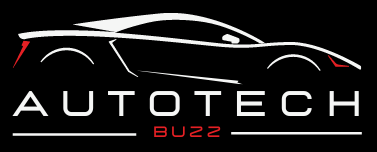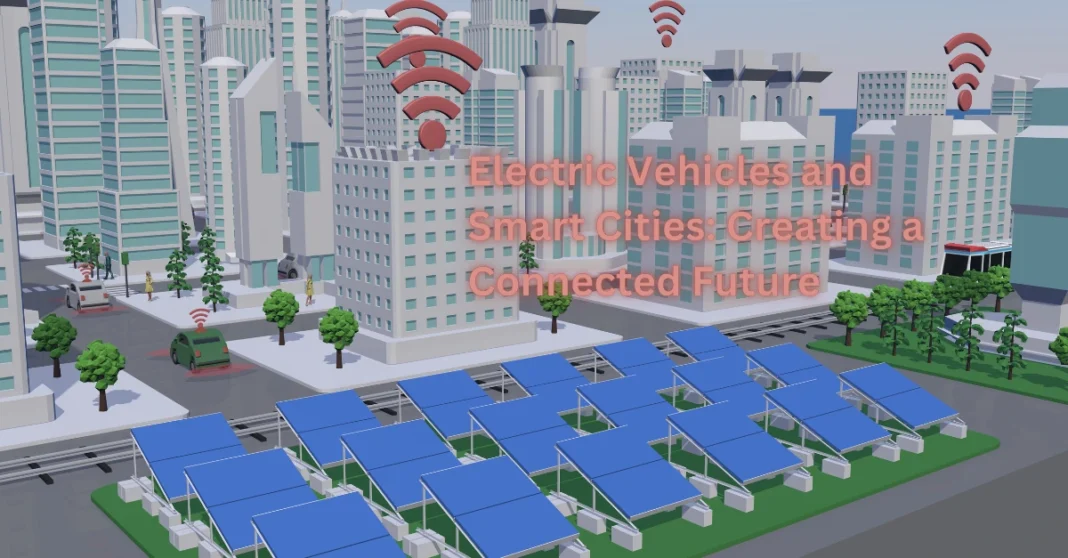As urban populations continue to swell, the concept of smart cities is gaining traction as a solution to manage growth sustainably and efficiently. At the heart of this movement lies the integration of electric vehicles (EVs), which play a crucial role in transforming urban mobility. By incorporating EVs into smart city planning, cities can enhance sustainability, reduce congestion, and improve overall quality of life for their residents.
The Role of EVs in Smart City Development
Electric vehicles are central to smart city initiatives due to their environmental benefits and potential to reduce urban pollution. By replacing traditional internal combustion engine vehicles with EVs, cities can significantly decrease greenhouse gas emissions and improve air quality. This aligns with global sustainability goals and enhances public health, making cities more livable.
Moreover, EVs contribute to the development of intelligent transportation systems (ITS). When integrated with smart infrastructure, electric vehicles can communicate with traffic signals, parking systems, and other city services. This connectivity allows for real-time data sharing, which can optimize traffic flow, reduce congestion, and enhance the efficiency of urban transportation networks. For instance, EVs can receive updates on traffic conditions and adjust routes dynamically, resulting in smoother travel experiences.
Integrated Urban Mobility Solutions
The integration of electric vehicles in smart cities goes beyond individual ownership; it also encompasses shared mobility solutions. Ride-sharing and car-sharing services that utilize electric vehicles can reduce the number of cars on the road, alleviate congestion, and provide residents with flexible transportation options. These services are particularly beneficial in densely populated areas where parking is limited.
In addition to ride-sharing, electric buses and public transit systems are crucial components of a connected urban mobility framework. By electrifying public transportation, cities can provide efficient, low-emission options for commuters, encouraging a shift away from personal vehicles. This transition not only reduces traffic congestion but also enhances the overall public transport experience, making it a more attractive option for residents.
Infrastructure and Technological Integration
For EVs to thrive in smart cities, robust charging infrastructure is essential. Cities must invest in widespread charging stations to ensure that electric vehicles are easily accessible to all residents. Fast-charging solutions, including public charging hubs and workplace charging stations, will be critical in alleviating range anxiety among potential EV users.
The integration of renewable energy sources into charging infrastructure can further enhance the sustainability of urban mobility. For example, solar-powered charging stations can provide clean energy for EVs, reducing the reliance on fossil fuels. This synergy between electric vehicles and renewable energy aligns with the broader goals of smart city initiatives to create resilient, self-sustaining urban environments.
Conclusion
The role of electric vehicles in smart city development is pivotal for creating a connected, sustainable future. By integrating EVs into urban mobility solutions, cities can enhance transportation efficiency, reduce emissions, and improve the quality of life for residents. As cities continue to evolve, the collaboration between electric vehicle technology and smart city initiatives will be essential in addressing the challenges of urbanization and creating a more sustainable, connected world.
Key Takeaways:
- Sustainability: EVs contribute to lower emissions and improved air quality in urban environments.
- Intelligent Transportation: Connected EVs optimize traffic flow and enhance urban mobility through real-time data sharing.
- Shared Mobility: Electric ride-sharing and public transit systems reduce the number of cars on the road and provide flexible transportation options.
- Infrastructure Needs: Investment in widespread charging stations and renewable energy sources is crucial for supporting the growth of EVs in smart cities.
As the concept of smart cities continues to evolve, the integration of electric vehicles will play a crucial role in shaping sustainable urban environments that meet the needs of future generations.

